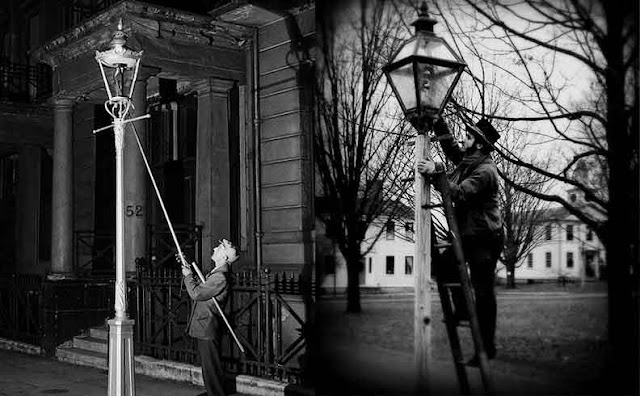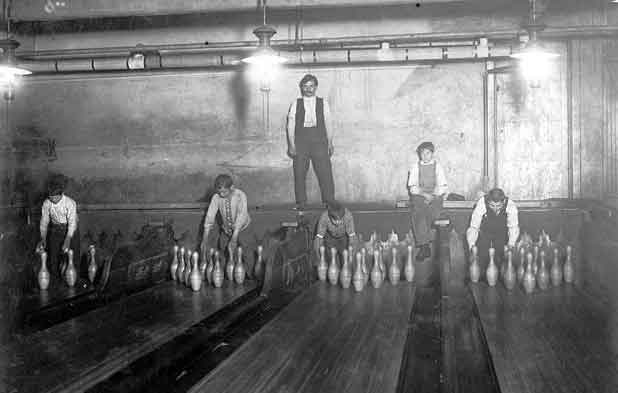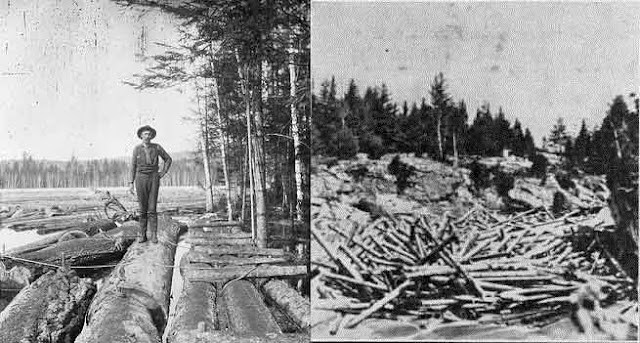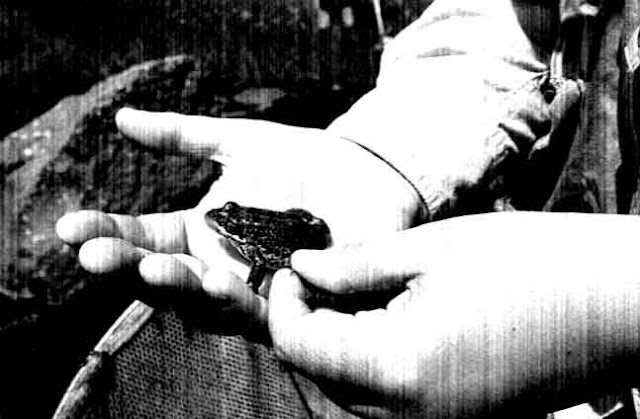1 | Listen to Enemy Planes
Since the first world war to the 1930s, the sound became the primary sign to detect enemy aircraft. Because at that time radar had not been found, they used a jumbo acoustic mirror connected to the ear to find out the location of the enemy aircraft before dropping the bomb. This is very important, because at night and bad weather the eyes cannot be relied upon again to see the sky at great distances.
2 | Turn on and turn off the lights
People who work are called "Lamp Lighter", their job is to turn on and turn off the street lights. At that time the street lights were still in the form of candles, oil, kerosene, and petromax for that every day someone had to turn them on and off. It is very rare to find work like this now because most street lighting has long been replaced by electric lights. This work can be found on the shopping street of the city of Brest, Belarus but only to attract tourists.
3 | Human Alarm
This is a strange job of the ancients called the knocker upper, where they are paid to wake people up so they are not late for work. They woke up using various methods, such as throwing stones on the upper floor windows, or knocking them with sticks several times until customers woke up. This work is usually found in the Irish and British industrial revolution in the 1950s.
4 | SwitchBoard Operator
In the early era of telephone telecommunications technology, around the 1960s, Sitchboard operators became an important work at the time. This job requires the worker to carefully insert the plug cable into the right hole according to the telephone receiver. In this case privacy is very low because the operator can listen to the caller's private conversation. Most of those employed are women because they are more gentle and polite.
5 | PinSetter
Pinsetter is a job that is often cultivated by teenagers before the existence of a bowling reset machine. They are tasked with returning the pin position that fell to its original position and returning the bowling ball to the player. They are usually employed part-time, especially from afternoon to night with low salaries. In 1936 this work began to be abandoned as the discovery of automatic tweezers in several bowling arenas.
6 | Log Driver
Log drivers mean wood drivers, that is the job for those who work in sawmills. Because in the past there was no strong transportation to lift wood, they used the river as the main route to move wood obtained from the forest to the wood processing center. They monitor and control wood like using a raft to the right track, after they have tied it to the riverbank.
7 | Resurrectionist
This work was quite popular in the 18th century and was terrible to do because it required someone to steal a corpse secretly. Because in the old day's theft of the corpse was not punished severely. Many companies in the medical field steal people's bodies to be researched and preserved or used as props in schools. They dig using a wooden shovel so that it is not noisy, after finding the chest, the body is pulled by a rope without stealing jewelry in it.
8 | Frog Doctor
The frog doctor is a practitioner of traditional medicine which operated in western England until the end of the 19th century. Their main concern is healing scrofula (a skin disease), although they are also believed to be able to cure other diseases including the result of witchcraft. They heal the sick by installing live frogs, or one of their legs in a gauze bag and then hanging it around the sick man's neck. It goes without saying that this work also requires an effort to collect a large number of frogs, and in the case of doctors who use only legs, cut off their legs to give to their patients.
9 | Fuller
Fulling is work in the manufacture of woll cloth, especially in the cleaning of cloth (especially wool) to remove oil, dirt, and other impurities, and make it thicker. In Roman times, fulling had to stand on a tub full of urine, aka tumid-level urine. Urine, known as a 'washer', is a source of ammonium salt which helps in the process of cleaning and bleaching cloth.
10 | Shaman
Shamans are a lucrative profession in the past, where they are trusted as someone who is powerful and can heal someone from illness and witchcraft. A shaman usually has magic that is able to overcome client complaints. In Indonesia, traditional healers are usually used for personal interests such as, want to get a partner with pairs of pellets or pairs of implants to look youthful and liked by people. In addition, shamans can also be used for evil activities such as witchcraft, teluh etc. As the times and technology evolve, the belief in shamans has declined, because apart from sometimes not succeeding, many people are already aware of the shaman's deception.
Read also The Mystery of Ashabul Kahfi Who Was Sleeping for 3 Century









